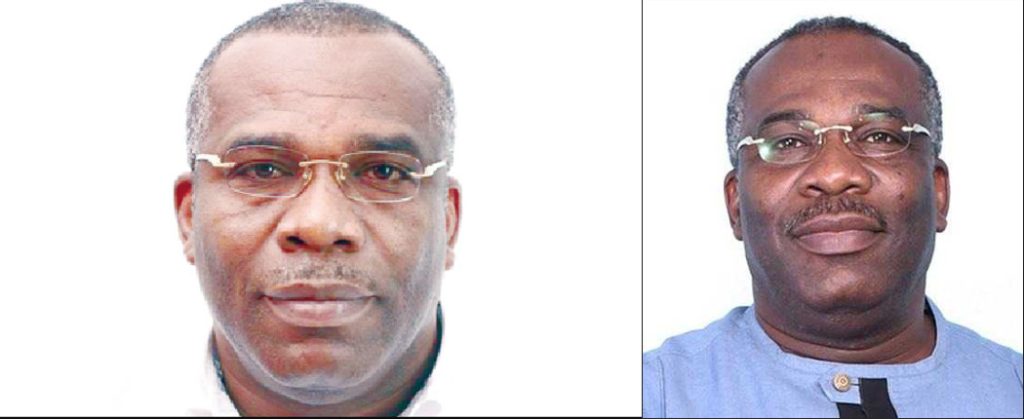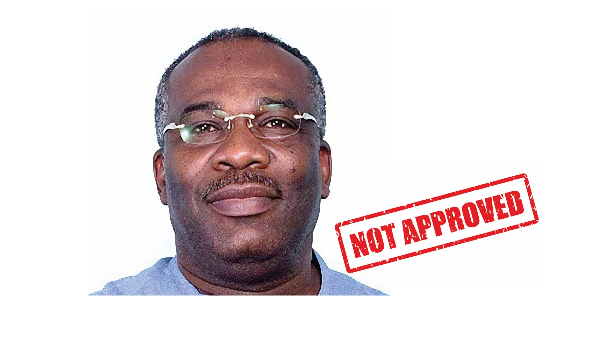In the wake of leadership changes across state institutions and companies, some aggrieved staff of the Volta River Authority (VRA) have strongly opposed the appointment of Ing. Edward E. Obeng-Kenzo as the acting Chief Executive Officer (CEO).
The workers argue that his appointment is illegitimate, contending that such a nomination should have been made by President John Mahama and subsequently approved by the VRA Board.
However, the Presidency or the Energy Minister has yet to publicly announce Obeng-Kenzo’s nomination to the board or his appointment as acting CEO of the VRA.
These concerns arose following an official handing-over ceremony held on Wednesday, February 5, where the erstwhile CEO, Emmanuel Antwi Darko, transferred leadership to Obeng-Kenzo.

In a circular dated February 6, 2025, the Deputy Chief Executive in charge of Services at the VRA, Ing. Kenneth Arthur, formally announced the leadership change to staff, calling for their cooperation and support.
This has sparked controversy, with some staff calling the development an “error” when compared to established precedents.
On the other hand, a communication spotted on social media from a manager of external communications criticized the manner in which the power transfer was conducted.
“I have not seen nor heard the announcement of his (Ing. Edward E. Obeng-Kenzo) nomination, now ‘appointment,’ from His Excellency, the President, nor any of his designated officers. Are we not ‘biting more than we can chew’? Has the President truly appointed him and forgotten to issue a public statement through all his officers, including the Energy Minister?” they queried.
The individual also referenced the legal framework governing such appointments and advised the leadership to tread cautiously, particularly in attributing decisions to the Presidency without official confirmation.
The appointment of Obeng-Kenzo has added to existing tensions within the VRA. The staff’s insistence on proper procedural adherence underscores their concerns about governance and the future direction of the authority. They argue that bypassing established protocols not only undermines the organization’s integrity but also sets a dangerous precedent for future appointments.
Despite these concerns, the acting CEO has moved forward with appointing directors in charge of the Engineering and Operations branch of the VRA.
The Ministry of Energy has yet to issue an official statement regarding the appointment of Mr. Obeng-Kenzo. However, industry analysts suggest that the Ministry will need to engage with both VRA management and staff to find a resolution that upholds the organization’s governance standards while addressing the legitimate concerns raised by employees.
The Consequence Of Upholding This Appointment
As the situation unfolds, stakeholders within Ghana’s energy sector are closely monitoring the developments. The outcome of this dispute could have significant implications for the governance of state-owned enterprises and may influence future policies regarding appointments and organisational restructuring within the sector.
Such unconstitutional appointments, if left unchallenged, could erode trust in the country’s governance structures and encourage further disregard for legal and institutional procedures. If public institutions fail to adhere to due process, it could pave the way for arbitrary leadership changes, weaken institutional independence, and create an environment where political favoritism overrides merit-based appointments.
This could ultimately lead to inefficiency, lack of accountability, and instability within crucial state-owned enterprises, affecting national development and public trust in governance.







































